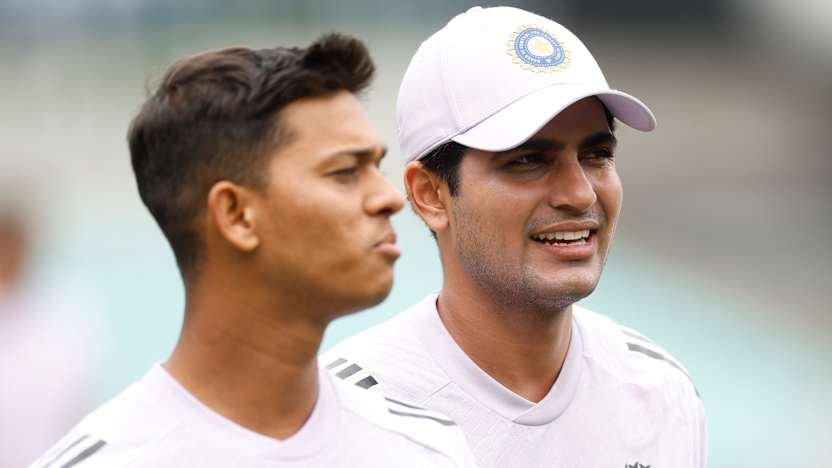
With his appointment as India’s new Test captain, Shubman Gill steps into a role steeped in legacy and pressure. Taking over from Rohit Sharma, who recently retired from the longest format, Gill is now tasked with leading a side in transition. At just 25 years of age, Gill becomes one of the youngest to take on this responsibility in Indian cricket history. As he prepares to lead India in the upcoming Test series against England starting June 20, several major challenges lie ahead—both immediate and long-term.
One of the first and most demanding tasks for Gill will be managing a team that is going through a period of significant change. With the exits of senior figures like Rohit Sharma and the earlier departures of Virat Kohli and Cheteshwar Pujara from the Test setup, India is experiencing a leadership and experience vacuum. Gill must not only lead from the front with his performances but also nurture a relatively young and evolving core of players. Establishing authority while fostering team unity will be key in this process.
India’s Test tour of England will serve as an early litmus test of Gill’s leadership. Playing in English conditions, against a well-settled England side, poses a daunting challenge. The English bowlers are skilled at exploiting seam-friendly pitches, and India’s batters have historically found it difficult to adjust quickly. As captain, Shubman Gill will need to formulate smart strategies, adapt to conditions, and manage player workloads over five grueling Tests. The series outcome will likely shape early perceptions of his leadership credentials.
Another pressing responsibility will be ensuring that India’s famed pace and spin combination continues to deliver under his leadership. Jasprit Bumrah, India’s premier fast bowler, remains the key figure in the attack but comes with concerns about workload and fitness. Gill must strike a balance between aggressive bowling tactics and long-term management of his key assets. He also needs to support and back spinners like Ravindra Jadeja and emerging options, ensuring a cohesive bowling unit is maintained.
Building a robust middle order will also be crucial. With Pujara and Rahane no longer in the mix and Virat Kohli gradually stepping away from the format, there’s a vacuum in terms of consistency and experience. Gill will need to back young players like Yashasvi Jaiswal, Sarfaraz Khan, and Shreyas Iyer to deliver, while contributing substantially himself as a top-order batsman. His personal form with the bat will directly influence team morale and momentum.
Off the field, Shubman Gill must develop strong communication skills and decision-making clarity. He will be the face of the team in press conferences, discussions with selectors, and during on-field disputes. Navigating the pressures of captaincy while maintaining personal form will test his mental resilience.
Finally, establishing his own identity as a leader is vital. Shubman Gill will be following in the footsteps of iconic Indian captains. Instead of trying to replicate any of them, he will need to create his own leadership style—grounded in calmness, tactical nous, and confidence. How he handles the media, motivates his teammates, and responds to defeats will all contribute to shaping his captaincy era.
As Shubman Gill prepares for this monumental journey, he carries with him the hopes of a cricket-crazy nation. His success as Test captain will not only depend on his performances but also on his ability to inspire, adapt, and lead through a new era of Indian cricket.
For more news updates and videos, subscribe to 12B Sports India Youtube .

